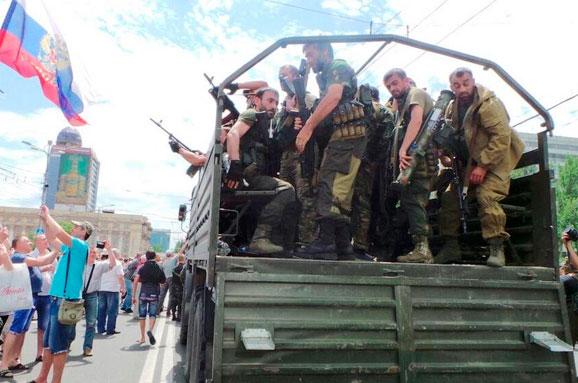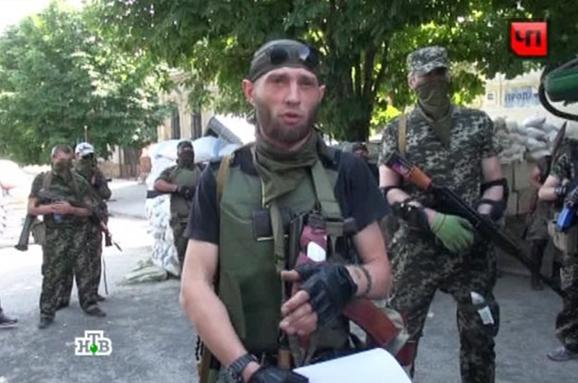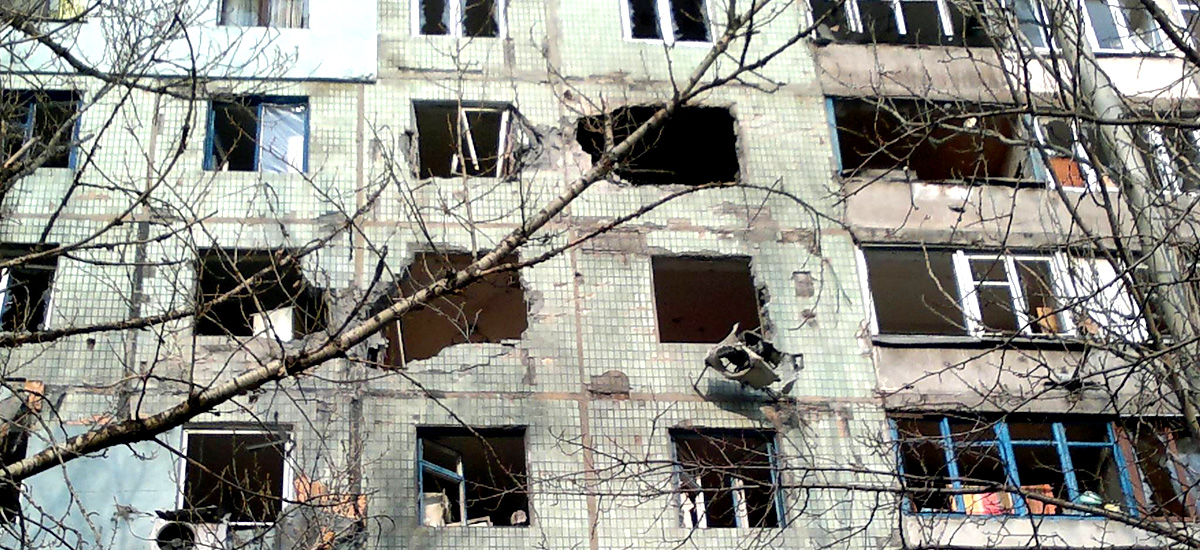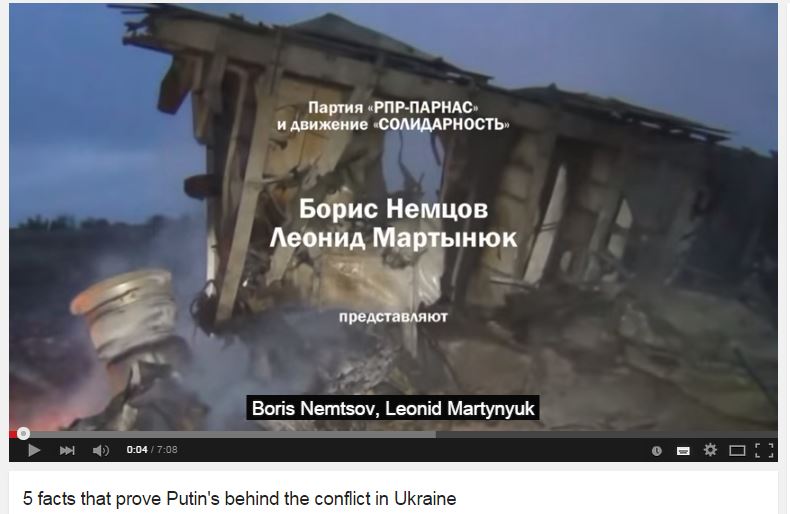Maryna Knysh has gone to war.
Following in her late husband Oleksandr’s footsteps, the 27-year-old single mother deployed July 31 to Sloviansk as a medic with his elite 95th Zhytomyr Airmobile Brigade, barely a year after his death.
Life is so hard in her impoverished rural village as the caretaker of two young children and of Oleksandr’s 75-year-old grandmother that Knysh dismisses the risk that she may die in combat, leaving the children orphans. (They now are living with relatives.)
“It won’t be worse than it is now,” she says.
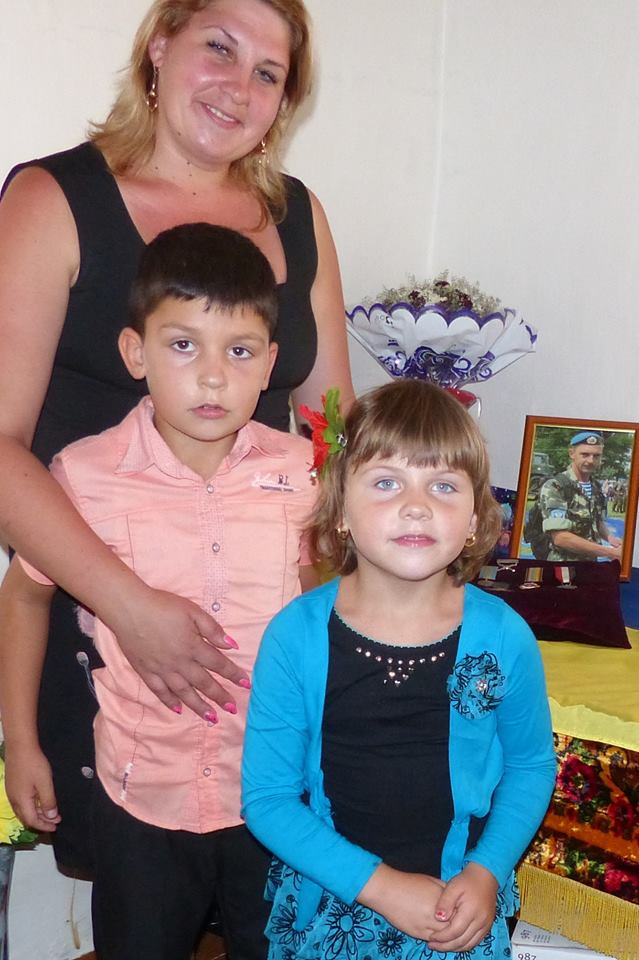
I interviewed Knysh through a translator on July 28 at the modest, corrugated-tin roof home of the grandmother, Nadiya, where the family lives. It’s on the edge of the village of Levkiv, near Zhytomyr and 138 kilometers west of Kyiv. Family and friends had just finished marking the one-year anniversary of Oleksandr’s death, laying flowers on his grave and dining together at a restaurant near the village’s post office and its bus stop.
Knysh was still wearing her black dress, but had removed her veil and wiped away the tears she had outside the restaurant, which resembled little more than a warehouse from the outside. Instead she spoke boisterously—and bawdily—very close to my ear despite my need for an interpreter. Son Artem, 7, and daughter Arina, 5, played around us in the main room of the house. Later, Nadia returned, cheeks still wet as she rested against a wall in an adjacent room, waiting for the visitors to leave. Two mangy dogs were chained outside, one a half-grown German Shepherd too desperate for attention to continue barking at strangers.
Knysh hopes her army stint will help her understand her husband of seven years better. Though she deployed as a medic, she has been training to become a paratrooper herself.
“The army was his wife, I was just a lover,” Knysh says.
Senior Sergeant Oleksandr Knysh was a career soldier—from 18 to his death at 31—who had survived peacekeeping duties and deployment to Iraq as part of Ukraine’s contingent in the US-led multinational coalition following the 2003 US invasion.
He was commended for bravery by Ukrainian President Petro Poroshenko after his July 27, 2014, death in combat near Shakhtarsk, 57 kilometers east of Donetsk. Knysh keeps the medal and a few photos of her husband on a neat table in the corner of the room, which also contains the dining table.
Military service also will let her escape certain attitudes in the village, where drunkenness is the only escape for some.
“I was the happiest woman in this village because I married a man who was good, and a good worker. He was responsible and respected,” Knysh says.
“Now all the other women look at me like, ‘You had the best, now you have nothing.’”
The hardships of life—and her still palpable anger at her husband for leaving her—shed more light on her motivations.
“I tell him every night to come to me in my dreams so I can kill you for leaving me,” she says, pretending to strangle me.
The bus to Zhytomyr, headquarters of the 95th, comes to Levkiv just twice a day. Knysh had to rise early in the morning to get her children ready for school and walk a rocky, hilly two kilometers to the bus stop by 6 a.m.
Winters can make the walk to the bus stop brutal, but the warmer months bring responsibilities in the garden and two other fields Knysh tends. She grows produce like corn, potatoes and apples, and raises chickens—who must be rousted from their coop in a low-slung barn when anyone needs to use the outhouse.
Nadiya doesn’t walk well since she broke her leg. Knysh’s mother-in-law is a maid in Spain—which has complicated receipt of the government’s one-time payout to families of soldiers killed in action.
Knysh does receive 1,500 severely devalued hryvnia per month from the government, plus 1,300 for each of the children: A total of just 178 USD at the recent exchange rate of about 23 hryvnia to the dollar. Before the war, when the hryvnia traded at eight to the dollar, that would have been worth 512 USD. Paratroopers from the 95th also deliver firewood to heat the home, and perform other tasks.
“I say, ‘OK, I am wife of Knysh, you remember me, I need your help,’” she says.
Fortunately, aid also comes from the Ukrainian diaspora, including that distributed to the Knyshes by organizations like Kyiv-based Children of Ukrainian Heroes. Group coordinator Tanya Tarasevich arranged for my son Michael and I to accompany her and other volunteers as they brought Knysh donated food and clothing. Knysh also gets direct support from a Ukrainian family that wishes to be anonymous, Tarasevich said.
Knysh is special among the widowed mothers her group helps, Tarasevich says.
“I see a lot of crying, and feelings like, ‘All life is over, what to do now?’” she says. “They are all depressed. Maryna is depressed but no one can see. She won’t let her children see her cry.”
 [hr]
[hr]


